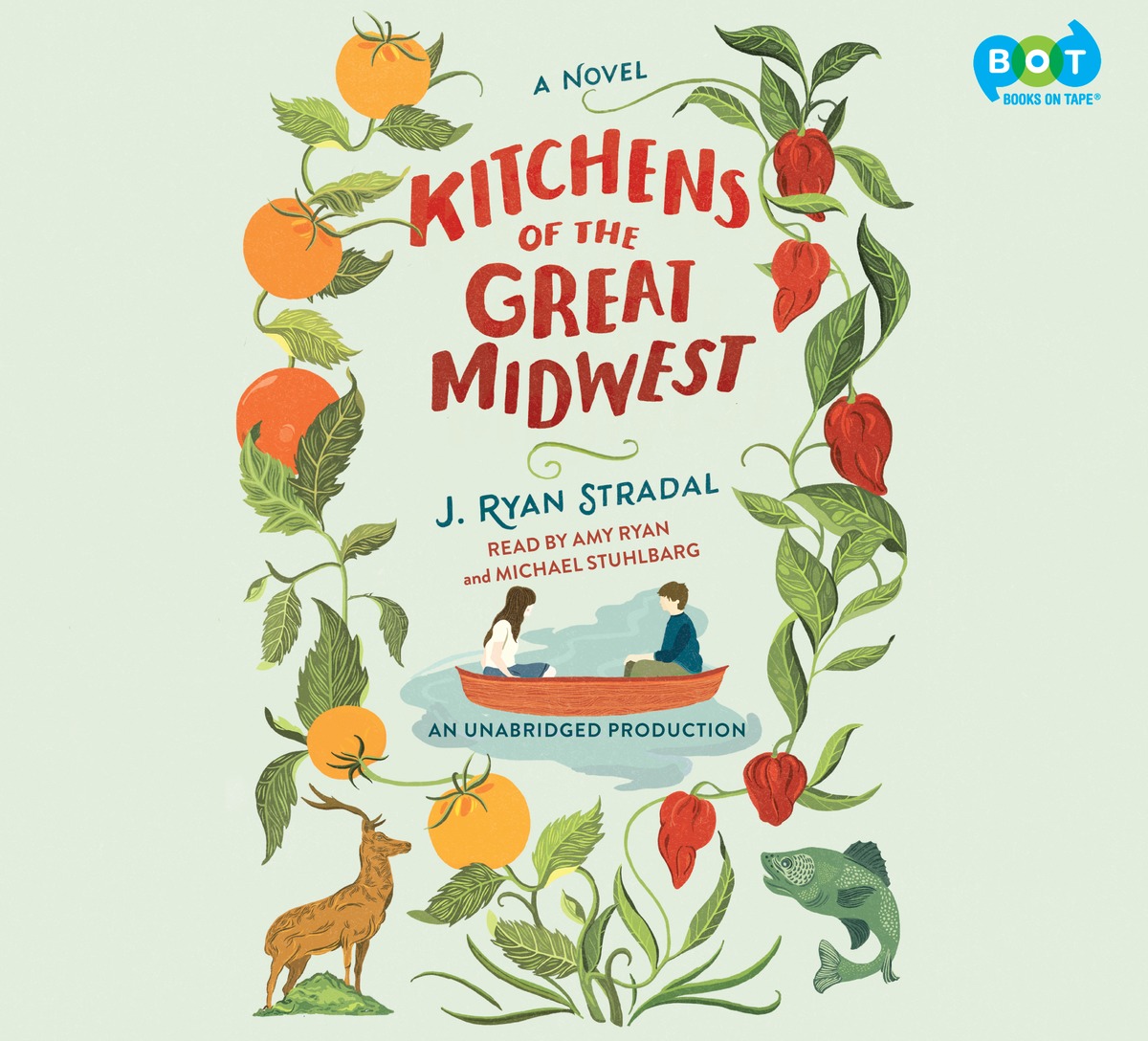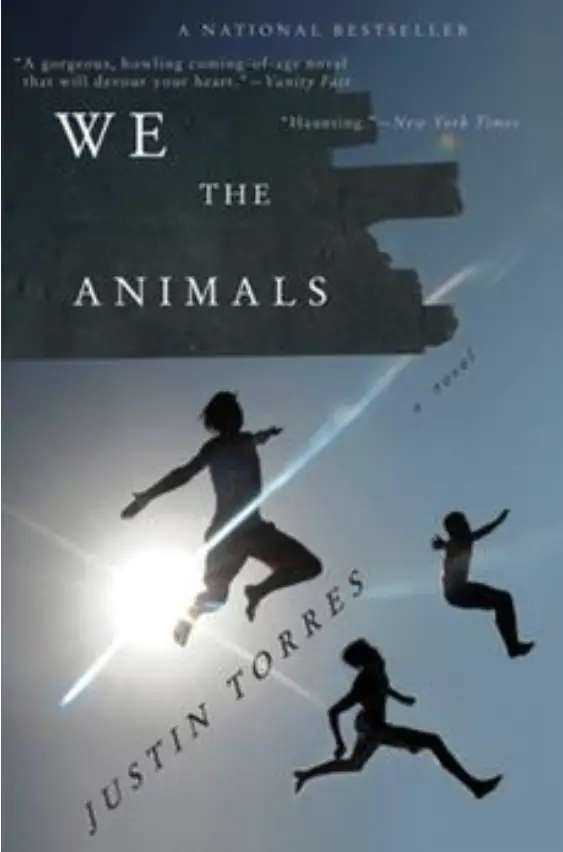Called “a dark jewel of a book,” by Michael Cunningham, We the Animals, the 2011 debut novel by Justin Torres, possesses a shadowed, glittering center that circulates around family, selfhood, and the bitter and often violent love between blood relations.
Told in short, taut chapters, We the Animals concerns three brothers who “tear their way through childhood,” bonded yet often pitted against each other, and their parents. In this mixed-race family—the father is Puerto Rican, the mother white—there is a disconnected sense of the outside world, as though a foreign place in which incomprehensible actions occur, and seem stilted, odd, unknowable.
Jonah, the youngest of the three brothers, narrates this coming-of-age story, and is something of an outsider in the family—a standout for his academic prowess, and as we discover, keeping a secret—and he is often on the receiving end of taunting and blows by his brothers Manny and Joel. Papi, the father, is tough with his sons but often beautifully tender, a counterpoint to the fragile Ma who works nights at a brewing plant. Here’s a passage that sums up Ma in nearly a single gesture:
“Ma could hold tears on her eyelids longer than anyone; some days she walked around like that for hours, holding them there, not letting them drop.”
Left to themselves the boys run wild, and while they tear into the world, bent on destruction, it’s the elements of the natural world they often most connect with, the primal and the sensory: the cold, the snow, the earth:
“The earth was hard and cool where we crouched, just damp enough to stick to our knees and the balls of our hands. The dirt squeezed up shut in the winter and softened in the summer, and autumn dirt was my favorite dirt, like cooled black coffee grinds. Black magic.”
The setting of upstate New York is gritty. The remoteness of the small town they inhabit mirrors the family’s isolation and Jonah’s emotional alienation from his family. There is a sense of wonder in the often collective point of view that filters through Jonah—he both translates this world, noticing everything, and at the same time, is not part of it. Torres’ lyric, taut style illuminates the inner world of Jonah and his brothers. Here, for example, is a moment with Papi after he’s collectively bathed them:
“Each time Papi finished drying one of us, he would place our palm against his own palm. He didn’t say anything to Joel or Manny, but my had he held up a little longer, looking close and nodding his head.
“You grew, he said, and I smiled and straightened my back, broadening my shoulders, triumphant.”
Of We the Animals, Dorothy Allison wrote, “Some books quicken your pulse. Some slow it. Some burn you inside and send you tearing off to see who made this thing that can so burn you and quick you and slow you all at the same time. A miracle in concentrated pages, you are going to read it again and again.”
This is a novel that is addictively rich—and the story of how an outsider in the family finds his way to selfhood makes this poetic novel a page-turner.
Justin Torres is a graduate of the Iowa Writers’ Workshop, and has published short fiction in The New Yorker, Harper’s, Granta, Tin House, The Washington Post, and many other publications. His non-fiction pieces have appeared in publications such as The Guardian and The Advocate. We the Animals has been translated into fifteen languages and in 2018 was adapted to a film that premiered at the Sundance Film Festival and was nominated for five Independent Spirit Awards. He lives in Los Angeles, where he is an Assistant Professor of English at UCLA.
—Lauren Alwan



